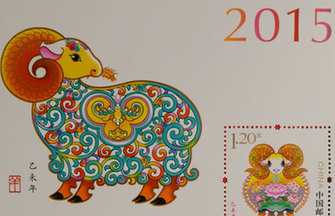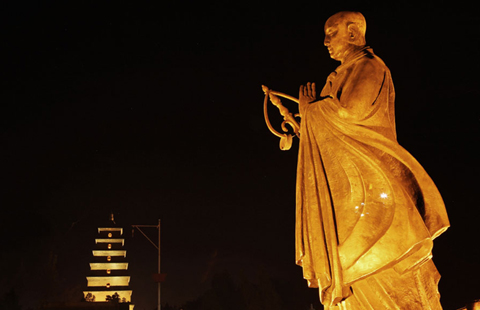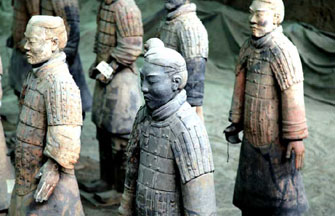A Uygur scholar tells about passion for Chinese language
By Azat Sultan ( China Daily ) Updated: 2015-01-07 07:42:35At 64, Azat is the president of the Federation of Literary and Art Circles in the Xinjiang Uygur autonomous region. Culture and Art Weekly recently published an essay in which he recalled his lifelong friendship with Chinese language and literature. The following are excerpts.
Born to a teacher's family in Urumqi in 1950, I was influenced by my parents and became a voracious reader in my childhood. I began to learn Chinese since grade 3, and tried to read different kinds of literature in Chinese when I entered middle school.
Despite my learning, there were many new words in the literary works (I read). I was attracted to the plots in such stories and managed to understand the meaning through a story's context.
Unfortunately, the "cultural revolution" (1966-76) interrupted my school life, but that didn't prevent me from learning the language.
Like many young people of my generation, who were sent to remote areas of the country to learn from workers and farmers through the re-education campaign between the 1950s and 1970s, I was sent to work in a military stud farm in Yiwu county in the northeast of the autonomous region.
Despite the hardships in the countryside, I met a lot of young people from Beijing. Many of them had brought a lot of books with them, which was good news for a bookworm like me.
There was a man with the surname Zhou, who had A Dream of Red Mansions that I had long been wanting to read. I switched my work schedule to herd the horses with Zhou, so that I could borrow the book from him.
Due to the use of sophisticated classical Chinese in the novel, which was written by Cao Xueqin during the Qing Dynasty (1644-1911), I could not read the book easily. Zhou told me the story first. With the story in mind, I read it again and gradually learned classical Chinese.
By borrowing books from people who came from Beijing, I read a lot of masterpieces in literature, and in retrospect, I think my four years on the remote farm were the most important period of my life.
With the intensive reading of good literary works, I began to write my own novel, first in the Uygur language, and then I translated it into Chinese. When I was finally back to Urumqi, I sent my first short story to Xinjiang Literature and Art, a literary journal.
One day, a stranger came to me, introduced himself as "Old Wang" and said the chief editor of the magazine wanted to meet me. It turned out that the editor liked my story and made some suggestions on how I should end the piece.
After I made the revision, I took the manuscript to Wang's home, and we had a long and enjoyable chat on literature. To my surprise, Wang was quite familiar with literary figures in the Uygur ethnic group, and was a friend of many writers whom I adored.
Later, I learned that he was Wang Meng, a famous Chinese contemporary novelist who wrote the controversial book A New Arrival at the Organization Department in his 20s.
My short story, In the Blizzard, based on my experiences in the countryside, was published in 1975. Wang has been a close personal friend ever since.
In 1977, the year after the "cultural revolution" ended, I took the national college entrance exam and scored top marks in the Chinese section. That got me admitted to the Chinese department at Nankai University.
After graduating from the university in 1982, I went back to teach Chinese in Xinjiang University and became the president of Xinjiang Normal University in 2003. In 2011, I was elected president of the Xinjiang Federation of Literary and Art Circles, a local nonprofit NGO.
In the course of my life, literature opened my eyes to a broader world than I had imagined, and no matter which post I held, I never gave up my passion for literature.
(Translated by Xing Yi)
|
|
|
|
|
|






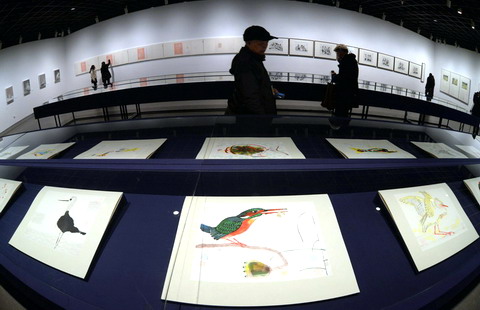











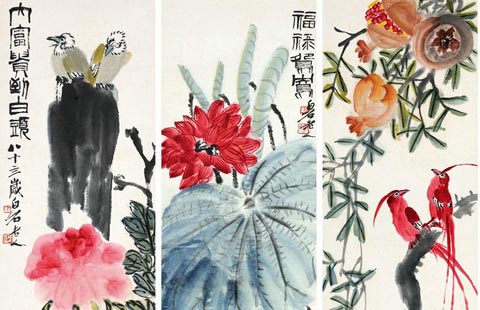



 Raymond Zhou:
Raymond Zhou: Pauline D Loh:
Pauline D Loh: Hot Pot
Hot Pot Eco China
Eco China China Dream
China Dream China Face
China Face

